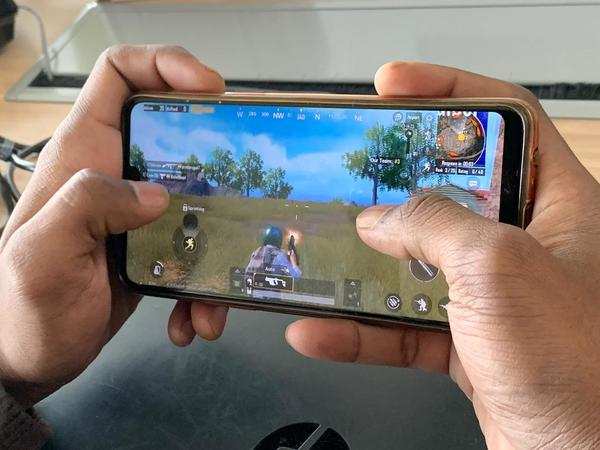
Video games have become
a part and parcel of our everyday life. People of all age groups irrespective
of their gender are addicted to one form of games or the other. Be it
videogames or gaming console or VR or mobile or tablet, games are omnipresent.
So here in this essay, we are about to find out the effects of video games on
the behaviour of the younger generation. To begin with, there are several
genres of video games which includes adventure (like Dora), simulation (like
flight simulation), fighting (such as Tekken), shooting (such as Pubg), puzzle
(such as Tetris) to name a few. While most of these categories act as a stress
buster, the problem comes with the category of shooting, fighting and other
violence-based games.
The younger generation
by repeatedly playing games such as the recent sensation PubG, develop a sense
of hatred towards fellow people. This, in turn, reflects in their behaviour and
makes them vulnerable to various psychological problems. In recent times, we
have seen mass shooting in public areas, several cold-blooded murders and even
gun culture among college students. These bear testimony to the fact that
violent games are having a significant effect on the mindset of children. In
fact, by repeatedly seeing bloodshed and agony, the players of these games
gradually lose their humanity and are more prone to turn to anti-social
elements in the near future.
Even the American
Psychological Association (APA), in an August 13, 2015 press release titled “APA
Review Confirms Link between Playing Violent Video Games and Aggression”,
available on apa.org has confirmed this effect. And to add more, the current US
President Donald Trump explained the ill-effects of video games through a
youtube video during a school safety program by the name “Trump blames video
games, movies for violence” which was posted by CNN on February 22, 2018. In
this particular video, he stated that "I'm hearing more and more people saying the level of violence on
video games is really shaping young people's thoughts".
If you know a
teenager or avid gamer, you have probably heard about the latest video game
phenomenon: Fortnite. In the game’s Battle Royale mode, up to 100
players parachute into a small island, scavenge for armour and weapons, and
then kill or hide from other players in an attempt to be the lone survivor. The
game’s cartoonish violence and quirky features including costumes and custom
dance moves–have attracted more than 125 million players across the entire
globe since its release last September. While not overly gory, the premise
for Fortnite is inherently violent; the primary goal is to
kill other players. The popularity of these types of games raises clear
questions about the effects of violent gaming. Specifically, do violent video
games lead to real-life violence?
The research on
this question is mixed. For decades, researchers have conducted studies to find
out whether violent video games lead to problems such as aggression, lack
of empathy and poor performance in school. Many studies have
found that people who play violent video games are more likely to engage in
aggressive behaviour. To conclude, playing violent video games can increase aggressive thoughts, behaviours,
and feelings in both short and long terms. Violent video
games can also desensitize people to seeing aggressive behaviour and
decrease social behaviours such as helping another person and feeling
empathy. The longer those individuals are exposed to violent video games,
the more likely they are to have aggressive behaviours, thoughts, and feelings.
Comments
Post a Comment